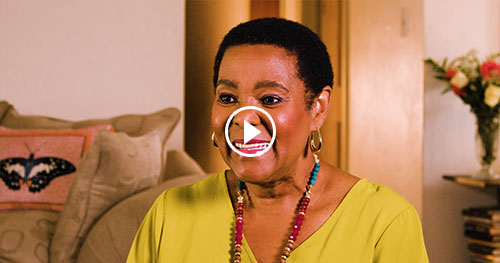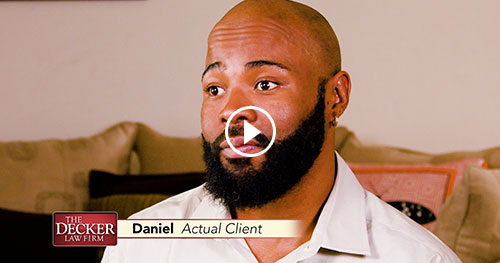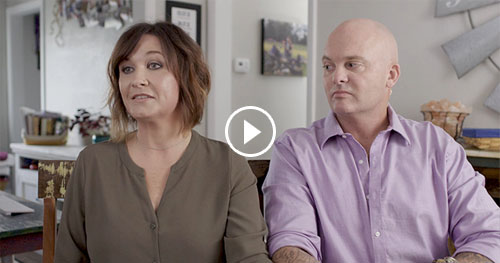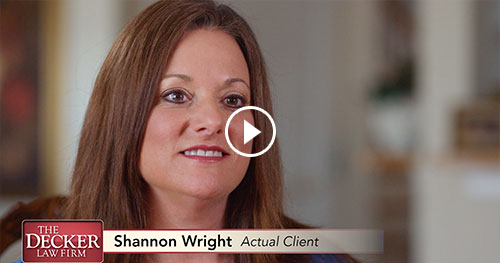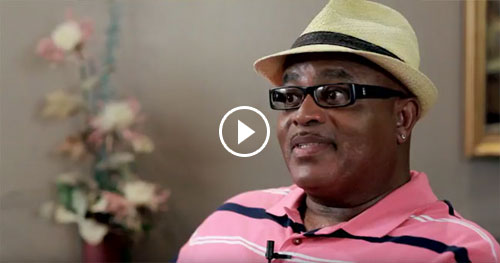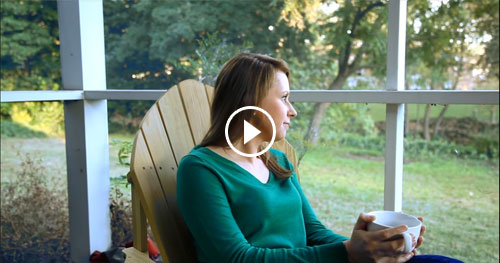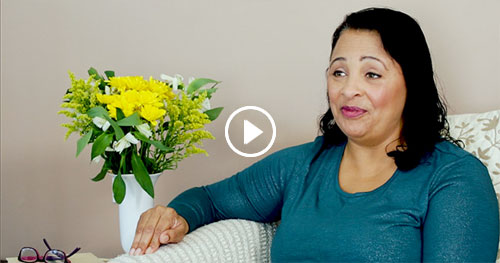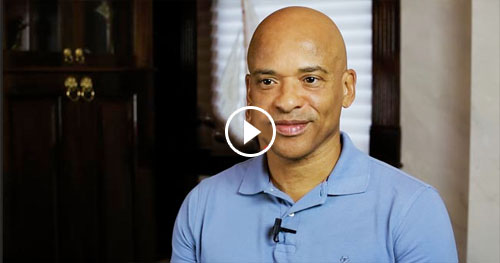Understanding Domestic Violence Laws in Virginia
It’s important for all parties involved to know the consequences of getting caught up in a domestic violence dispute. To be fair, sometimes cases occur where a family member is wrongfully accused. But whether you’re being abused or the one accused of domestic violence, it’s important to know what your rights are by Virginia State law.
What Is Considered Domestic Violence in Virginia?
According to Virginia State law, domestic violence is any physical act of abuse between two people in the same household. Oftentimes, this relates to two family members, but it can also apply to two residents of the same home who aren’t related. In the eyes of the Virginia court system, a family member is defined as a parent, sibling, spouse, or two people that have cohabited within the most recent 12 months. Virginia also considers couples who have a child in common to fall under domestic violence laws.
Facing a charge of domestic violence is nothing to be taken lightly. If convicted, the accused can face misdemeanor or felony charges. They can also face time in jail. Under Virginia State Penal Code Section 16.1-279.1, the plaintiff in the case will have the right to request a protective order against their family member.
What Should a Person Expect Following a Domestic Violence Charge?
No matter what the situation is, law enforcement officers must do their job. They are going to investigate thoroughly and do whatever they can to prevent further instances of violence. If someone is facing a domestic violence accusation, they’re going to be placed under arrest. The magistrate will also issue a protective order. One of the differences between domestic violence and normal assault charges is the protective order.
Steps to Take When Facing Domestic Violence Charges
Your very first step should be to contact a lawyer. And not just any lawyer. You need a lawyer who knows their way around domestic violence laws. Your attorney can help to put together the “big picture” of the case. After you tell them your story, they can help you figure out what type of charges you’re facing. They will also work to gather witnesses. Anybody who could’ve possibly saw something is worth talking to. Your attorney will track them down and try to build up the best defense they can. They will work to collect any evidence that helps your case.
The next step would be to cut off contact with the person bringing the charges against you. A lot of the time, people think they can talk a family member out of pursuing these charges. It usually doesn’t work and may be a violation of the protective order. And the conversation they end up having leaves things worse than if they had never talked at all. It’s best to stop talking to the person bringing charges against you and just let your attorney handle the rest.
Types of Defenses
There are two general types of defenses when you’re facing a domestic violence accusation: Self Defense and Defense of Others. Self-defense is when the person who is pressing charges is the one who instigated the altercation. This is the most common type of defense against domestic violence. Defense of others is when one individual believes that another individual is at reasonable risk of harm being done to them. The person then “steps into the shoes” of the person being attacked. At that point, they have every right to defend that person as if the person was defending themselves. This is how it’s viewed in the Virginia State court’s eyes. Of course it is also a defense that the assault never occurred.
What Are the Penalties for Domestic Violence in Virginia?
There are several different specific charges that fall under the umbrella of domestic violence. The Virginia State Penal Code establishes these individual charges. It’s important to know what each charge is because each has its own individual punishment. Let’s look at what consequences you can expect when facing each particular charge.
Assault and Battery Against a Household Member
This charge is a Class 1 misdemeanor. If found guilty, an individual can face up to 1 year of jail time. They can also expect to pay fines. These fines can go as high as $2,500. However, that punishment is for first offenders. If you have more than two previous domestic violence charges, you could face a Class 6 felony charge, which starts with one year in jail, but can often result in more.
Assault and Battery
This charge deals with general assault and battery. There doesn’t have to be a family connection between the two individuals. A general assault and battery charge is a Class 1 misdemeanor and is subject to the same punishments stated above.
Shooting, Stabbing, or Attempting to Maim or Kill
If an individual pulls a weapon and intentionally attempts to maliciously harm a family member, it’s a Class 3 felony. If an instance of domestic assault turns violent it can typically result in these charges. As a Class 3 felony, this charge will result in at least 5 years in prison. But, if the damage done to the plaintiff causes them permanent damage, the charge could elevate to a Class 2 felony, meaning the defendant would then be facing 20 years to life in prison.
Stalking
Stalking can either be a Class 1 misdemeanor or a Class 6 felony, depending on the case. If it’s a person’s first stalking charge, it would be a misdemeanor. But, if someone has stalked the same person within the past 5 years, it can be a Class 6 felony.
Virginia Is a “No Drop” State
Virginia takes domestic violence a little more seriously than some other states. One of the ways they choose to crack down on domestic violence is by electing to be a “No Drop” state. This means that a prosecutor has the right to pursue charges of domestic violence, even if the plaintiff changes their mind and decides to drop them later. The reason Virginia operates this way is to protect victims of domestic violence. In certain cases, someone might be pressured or bullied into dropping the charges but being a “No Drop” State prevents that from happening.
How a Good Attorney Can Help with Your Domestic Violence Charges
A domestic violence charge can potentially change someone’s life. They can result in jail time, expensive fines, and a loss of employment. It’s important to have a competent attorney on your side. You need to work with an attorney that understands the difference between assault and domestic violence. They should also understand the nuances of domestic violence laws. Someone who knows these laws inside and out will be more skilled at mounting the appropriate defense on your behalf.
If you need help with a domestic violence case, contact the Decker Law Firm, today!


